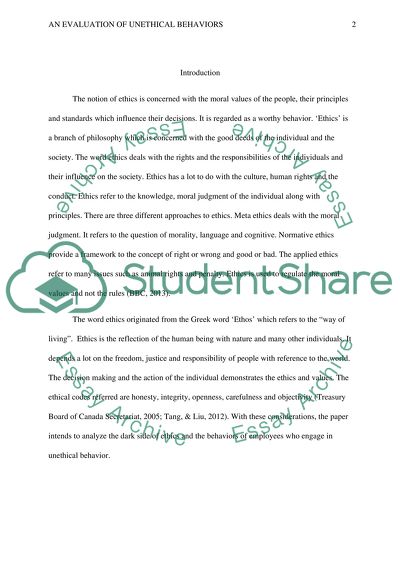Cite this document
(“An Evaluation of Unethical Behaviors Research Paper”, n.d.)
Retrieved from https://studentshare.org/sociology/1491793-an-evaluation-of-unethical-behaviors
Retrieved from https://studentshare.org/sociology/1491793-an-evaluation-of-unethical-behaviors
(An Evaluation of Unethical Behaviors Research Paper)
https://studentshare.org/sociology/1491793-an-evaluation-of-unethical-behaviors.
https://studentshare.org/sociology/1491793-an-evaluation-of-unethical-behaviors.
“An Evaluation of Unethical Behaviors Research Paper”, n.d. https://studentshare.org/sociology/1491793-an-evaluation-of-unethical-behaviors.


